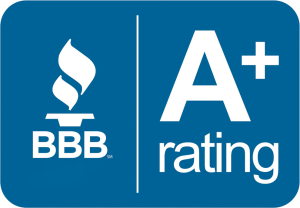Why Do I Need A Will?

Your will is a legal declaration that specifies your intended disposition of your property at death. Your will also nominates the person you wish to act as the executor for your estate. Creating a will is the first step you must make to ensure your estate is managed according to your wishes.
However, a will alone will not protect your estate from probate. It will serve as a basic foundation to a comprehensive estate plan. When accompanied by a trust, the will becomes known as a “pour-over will” and will address assets not titled in the name of your trust at the time of your passing.
This means that whether you have $38,700 in cash, bank accounts, vehicles or any other property, it is very likely you can keep this property safe from creditors in a bankruptcy court. This property will still be yours after the bankruptcy case is over.
In most bankruptcy filings, everything the debtor owns falls into these exemptions and there are no assets left over for the creditors. These cases are deemed “no asset” cases. At the end of these common cases, the Bankruptcy Court then usually will order discharge of your remaining debt.
How Do I Change My Will?
Your estate plan may change, as your life changes. You might want to update your will through a codicil, which is a document that modifies but does not wholly replace a previous will. Some life changes that may warrant a codicil include changes in your financial situation, marital status, number of children, or philanthropic interests.


